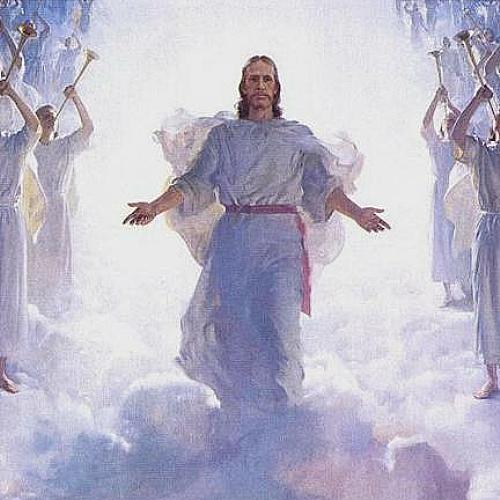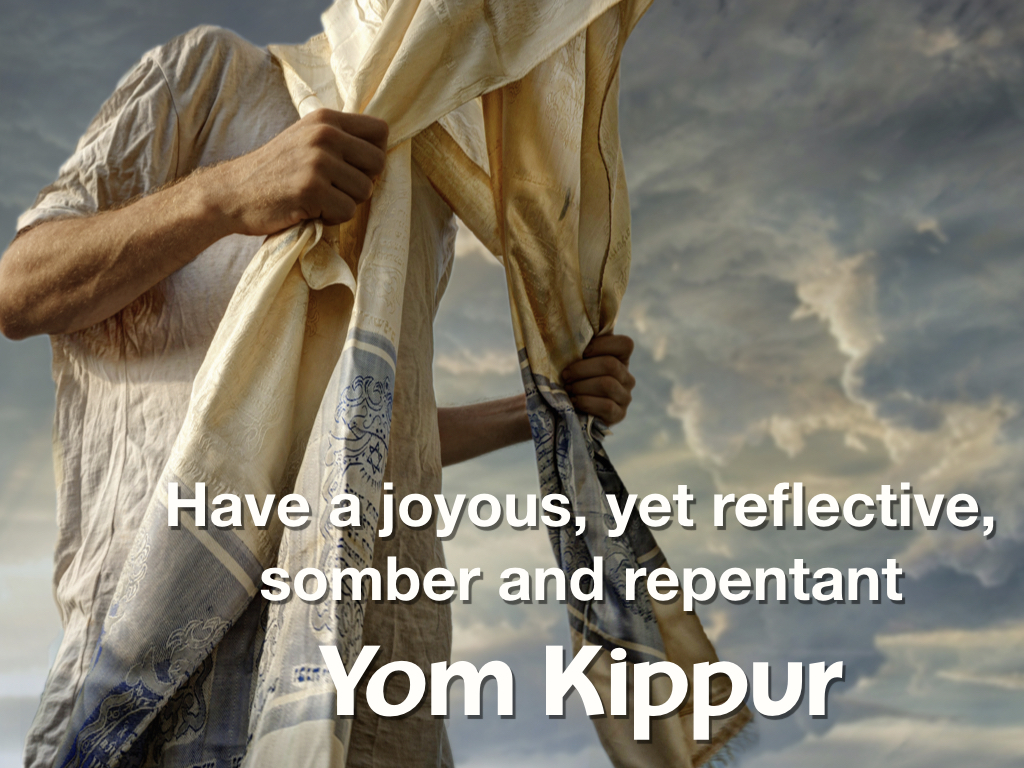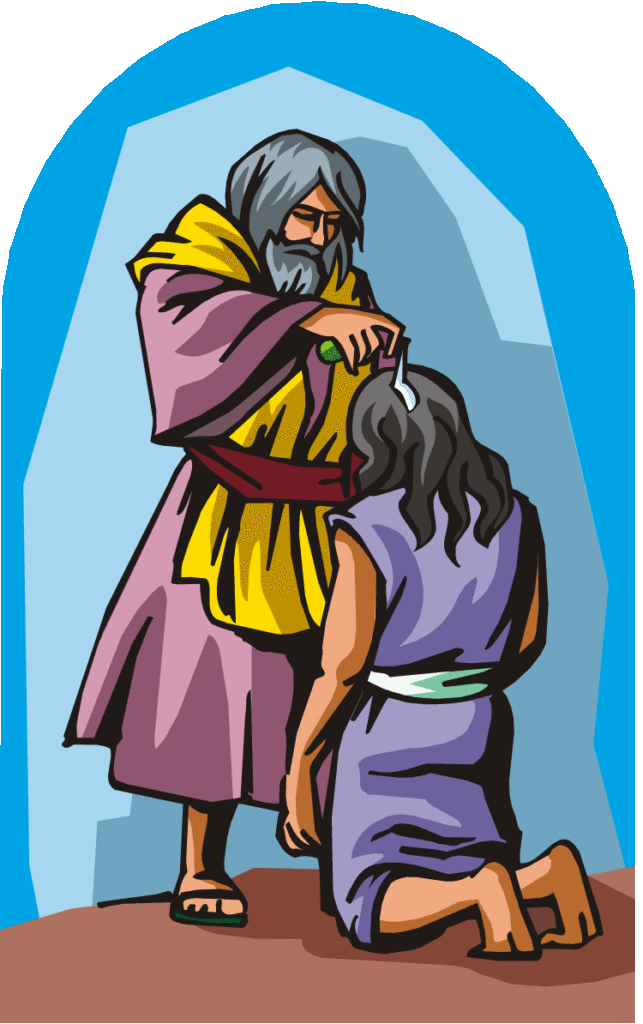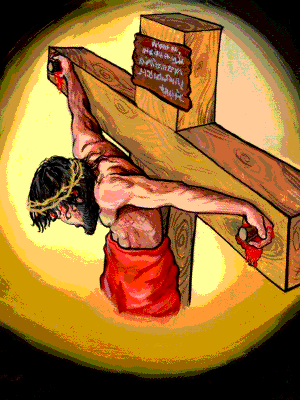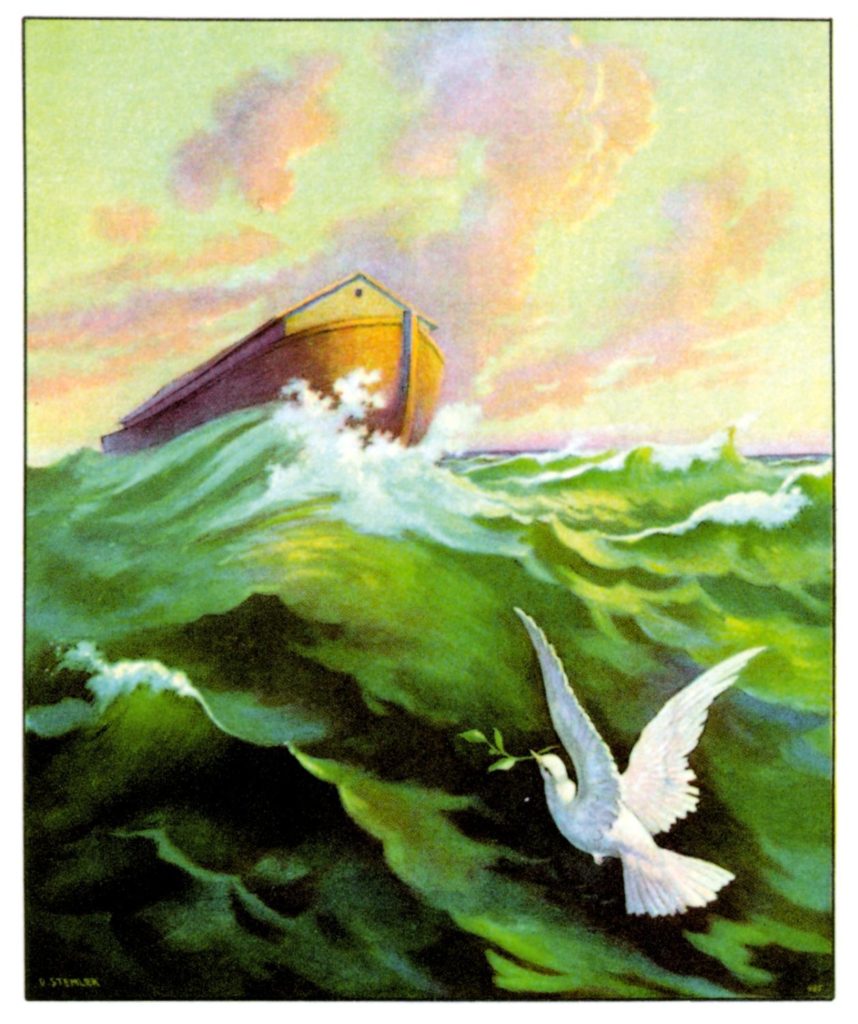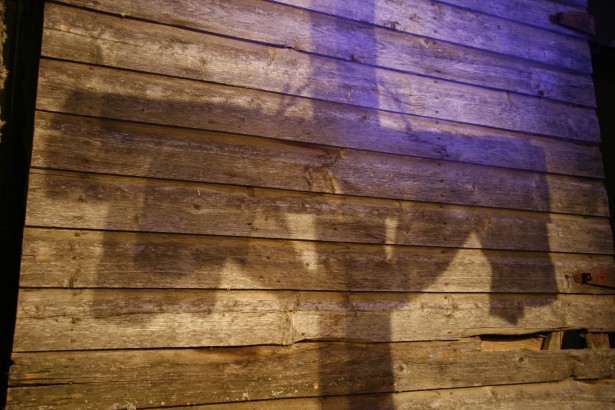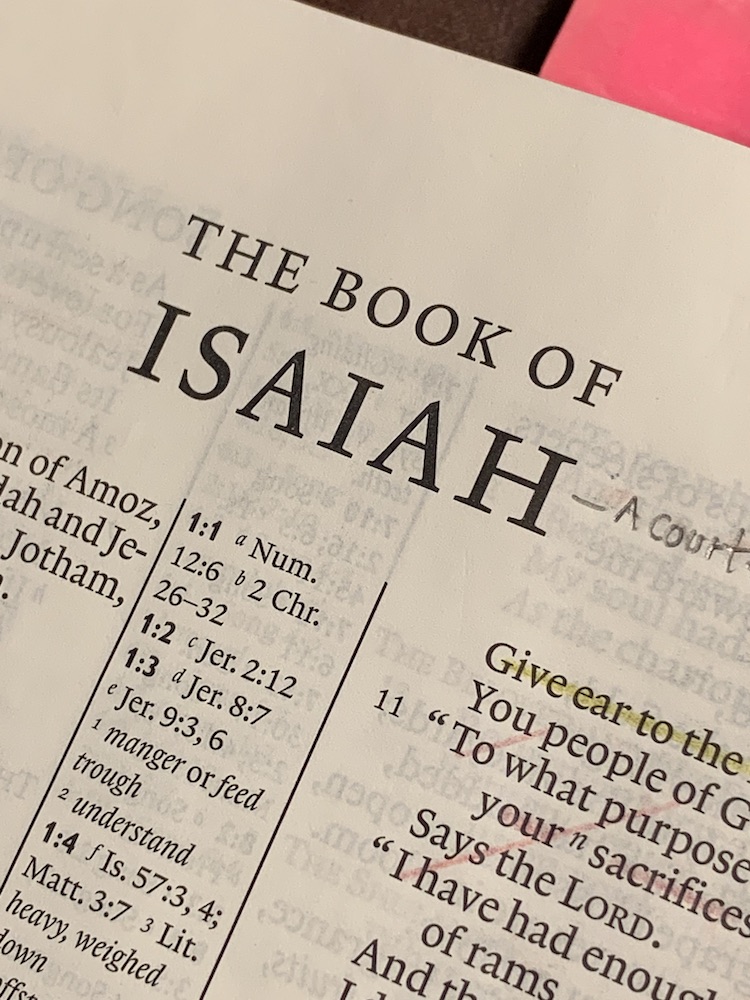
Having recently celebrated Yom Teruah (the Day of Trumpets) and now finding ourselves between Yom Kippur (the Day of Atonement) and Sukkot (the Feast of Tabernacles), we need to ask ourselves some questions. Since these fall biblical festivals prophetically picture the return of Yeshua the Messiah, the establishment his millennial kingdom on earth, and his marriage to his higher level (wise virgin) saints, it is time for each of us to take our spiritual temperature. Does our heart still pound passionately for Yeshua, our Master and Savior? How much do we love him, and is he first place in our lives above all else? If not, then what can we do about it? This article offers solutions to the prevalent spiritual disease known as lukewarmitis.
Do you love Yeshua the Messiah (Jesus Christ) first and foremost above everything else in your life? Yeshua said, “He who loves father or mother more than Me is not worthy of Me. And he who loves son or daughter more than Me is not worthy of Me. And he who does not take his cross and follow after Me is not worthy of [i.e. deserving of or suitable for] Me. He who finds his life will lose it, and he who loses his life for My sake will find it.” (Matt 10:37–39). Do you love Yeshua more than anything in your life including your most cherished family members and even your own life?
To be worthy or deserving of or suitable for Yeshua, he demands that we put him first in our life above everything else. Yes, he loves everyone, but he will not grant eternal life and entrance into his kingdom to just anyone. Many are called, few are chosen (Matt 22:14). To gain eternal life and entrance into his kingdom, one must be worthy of it. After all, he wants to give us everything including eternal life. But in exchange, he demands that we give him everything we have. O how we fall short in this!
The question is this: How much do YOU love Yeshua the Messiah? Is he the first love of your life? This is an important question to answer. Those people in whose lives he is not in first place, even though they may claim to believe in and even obey him, to one degree or another, risk being excluded from his kingdom.
Do you think that you are automatically guaranteed of eternal life just because you give Yeshua some lip service, perform some religious activities, and do a couple of good things now and again when it’s convenient? Well think again. To the saints in Ephesus, Yeshua warned,
Nevertheless I have this against you, that you have left your first love. Remember therefore from where you have fallen; repent and do the first works, or else I will come to you quickly and remove your lampstand from its place—unless you repent. (Rev 2:4–5)
The marriage supper of the Lamb (Yeshua) is coming. Some people will be worthy to be part of this, others who thought that they worthy will not be found worthy.
Then he said to his servants, “The wedding is ready, but those who were invited were not worthy.” (Matt 22:8; and do not forget about Yeshua’s warning to the lukewarm Laodiceans in Rev 3:14–22)
Similarly, the five foolish virgins also thought they were worthy to enter into the marriage feast of the Lamb of Elohim, but were excluded because they did not love Yeshua enough to properly prepare themselves.
“Those who were foolish took their lamps and took no oil with them…Afterward the other virgins came also, saying, ‘Lord, Lord, open to us!’ But he answered and said, ‘Assuredly, I say to you, I do not know you.’ Watch therefore, for you know neither the day nor the hour in which the Son of Man is coming.” (Matt 25:3, 11–13)
Elsewhere Yeshua warned,
“Not everyone who says to Me, ‘Lord, Lord,’ shall enter the kingdom of heaven, but he who does the will of My Father in heaven. Many will say to Me in that day, ‘Lord, Lord, have we not prophesied in Your name, cast out demons in Your name, and done many wonders in Your name?’ And then I will declare to them, ‘I never knew you; depart from Me, you who practice lawlessness!’” (Matt 7:21–23)
Other Scriptures that speak of being worthy of Yeshua include,
[T]hat you may walk worthy [i.e. deserving or suitable] of the Lord, fully pleasing Him, being fruitful in every good work and increasing in the knowledge of Elohim… (Col 1:10)
[T]hat you would walk worthy [i.e. deserving or suitable] of Elohim who calls you into His own kingdom and glory. (1 Thess 2:12)
[W]hich is manifest evidence of the righteous judgment of Elohim, that you may be counted worthy [i.e. deem entirely deserving] of the kingdom of Elohim, for which you also suffer… (2 Thess 1:5)
Therefore we also pray always for you that our Elohim would count you worthy [i.e. to deem entitled or fit] of this calling, and fulfill all the good pleasure of His goodness and the work of faith with power… (2 Thess 1:11)
The following is a list of reasons to love Yeshua, so that he will become the first love in your life above everything and everyone else, and so that you will be counted worthy of him including deserving to receive his free gift of eternal life and inclusion in his kingdom.
- Yeshua is your Creator; he gave you physical life (John 1:3, 10; Col 1:16; Heb 1:2, 10).
- Yeshua is your spiritual Creator and offers you eternal life (immortality) free of charge if you will only love, serve and obey him.
- Yeshua died and paid the penalty for your sins, so that you might live forever with him in his Father’s kingdom.
- When Yeshua came to this earth as a man, he gave you an example that you can follow of how to live your life.
- Like a light in the darkness, Yeshua has given you the Truth of his word (the Bible) to guide me through life.
- Yeshua has given you his Set-Apart (Holy) Spirit as an internal spiritual dynamic force to empower you from within to want to follow and obey him.
- Yeshua has revealed the Father and his love to you and desires to make you a part of the Father’s spiritual home (John 14:23).
- Yeshua supplies all of your needs according to his riches in glory (Phil 4:19) and freely gives you all things (Rom 8:32).
- Yeshua has delivered you from all charges and condemnation of the enemy (Satan, the accuser of the brethren) against those who belong to him (Rom 8:33–34).
- Yeshua is seated at the right hand of Elohim the Father in heaven where he defends you against the charges of Satan your enemy in the court of heaven (Rom 8:34).
- Yeshua has made you to be more than a conqueror (over the world, the flesh and the devil) (Rom 8:37).
- Yeshua has given you power and authority over all the enemy’s demonic forces (Luke 9:1; 10:19).
- Through Yeshua, you will be made rich (1 Cor 8:9). What price tag can you put on eternal life?
- Yeshua gives you hope (1 Thess 1:3).
- Yeshua has granted you his mercy which leads to eternal life (Jude 1:21).
- Yeshua’s love roots and grounds you (so that like a well-rooted tree, the storms of life cannot topple you) (Eph 3:17).
- The knowledge of Yeshua’s love passes all human understanding and causes you to be filled with the fullness of Elohim (Eph 3:19).
- Yeshua is able to do exceedingly abundantly above all that you ask or think (Eph 3:20).
- The Father answers our prayers when we ask him anything in Yeshua’s name (John 16:23).
- Countless other reasons to love Yeshua could also be added to this list…
For these reasons, who can separate us from the love of Yeshua?
Who shall separate us from the love of Messiah? Shall tribulation, or distress, or persecution, or famine, or nakedness, or peril, or sword? For I am persuaded that neither death nor life, nor angels nor principalities nor powers, nor things present nor things to come, nor height nor depth, nor any other created thing, shall be able to separate us from the love of God which is in Messiah Yeshua our Lord. (Rom 8:35, 38–39).
The bad news is that,
If anyone does not love the Lord Yeshua the Messiah, let him be accursed. O Lord, come! (1 Cor 16:22)
What is the curse that is upon those who do not love Yeshua? It is death, which is the result or wages of sin (Rom 6:23; Ezek 18:4). Yeshua will cast all of those who do not love him into the lake of fire (Rev 20:11–15). Simply stated, if they do not want him, then he will give them what they want—an eternity without him in the form of death—the extinguishing of life.
